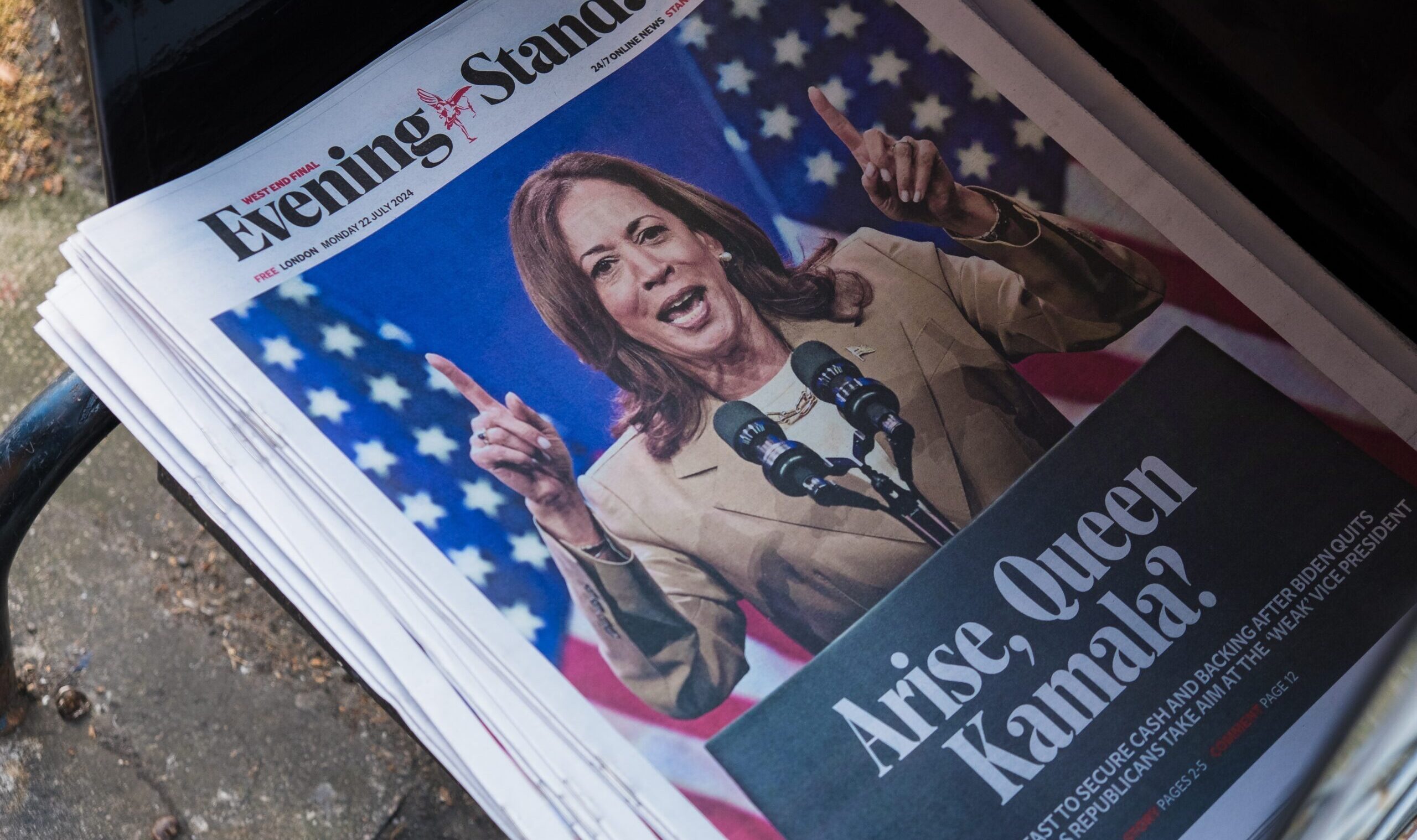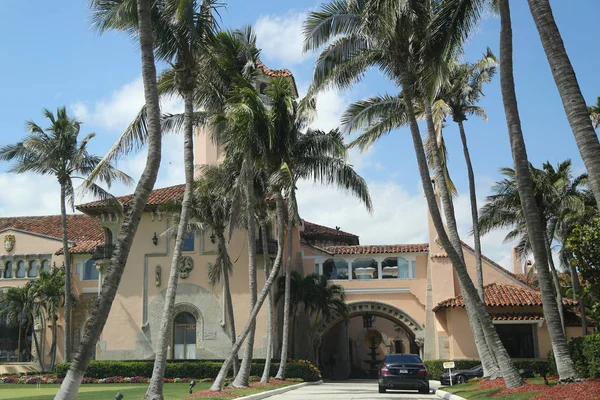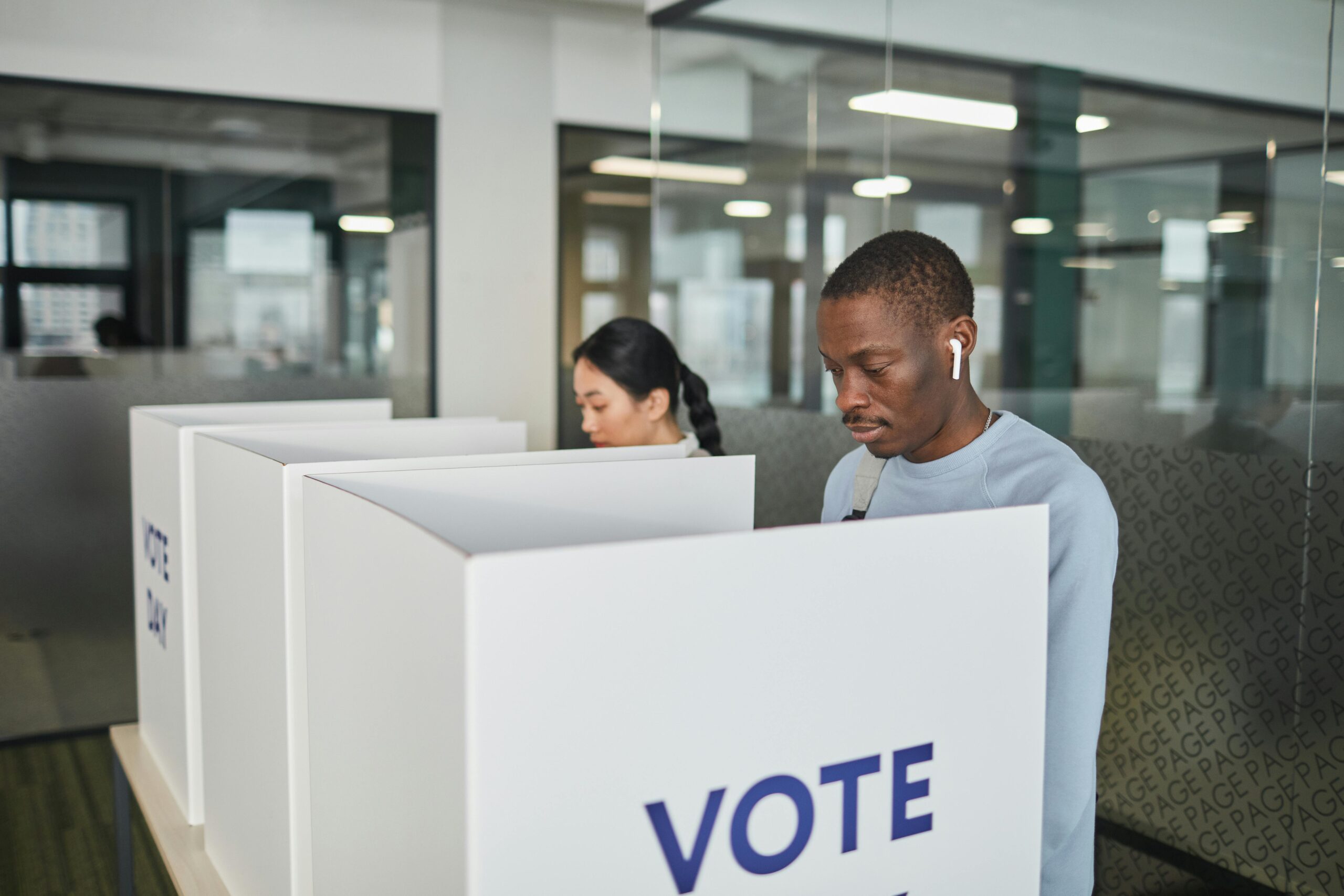Stop the Press(es)!
The decline of journalism from a trade into a profession has been a catastrophe.

The Washington Post has “descended into a dark abyss,” the New York Post reports, as if some abysses are, as the real estate ads say, suffused with natural light. The Washington Post plunged into this infernal netherworld because its owner decided a few weeks back not to endorse a presidential candidate. The ownership of The Los Angeles Times also chose not to endorse anybody, and USA Today, among others, followed suit. Seeing this decision by their bosses as an unforgivable dereliction of duty, newsroom staff at these papers are still indignant. Some, in a huff, walked out. Readers, knowing they can get what they need off the website, have, in a bold act of defiance, cancelled their subscriptions.
This turn of events is newsworthy in at least one sense that none of the people who explain the world to us seem to have noticed. What they haven’t mentioned is that, not so long ago, newspapermen—and women—couldn’t have cared less what the slightly ridiculous “word merchants” who worked on the editorial page did or did not do.
“Real reporters”—that is what journalists used to call themselves—sneered at the effete little nobodies, the ones in another part of the building who earned their keep translating the owners’ prejudices into compelling prose.
The world of Ben Hecht and Charles McArthur’s Front Page, with its hard-drinking newshounds, is long gone, and I’m not so sure that’s a good thing. People who go into “journalism” these days, from all available evidence, consider themselves change agents. Seeing their work as a profession, rather than a mere trade, they are not content to tell us what is going on in the world. They want to reform it, and they take this mission very seriously. The reporters and the editorial writers actually know each other’s names; they no longer exist in separate spaces. And they seem to think these endorsements matter more than the facts might indicate.
To be fair, there is evidence that newspaper editorials—or the absence of them—do influence some voters. Maybe not enough to sway an election, but who knows? We will probably find out in due course. The guy with the rolled-up sleeves—Steve Kornacki, is it?—is probably figuring this out right now, and if he contacts me, I will gladly share with him an important data point I have come across on my own.
A friend of my brother-in-law’s babysitter put me in touch with a family in the “all-important battleground state” of Pennsylvania who did not vote because, absent an endorsement from the Washington Post, they didn’t know who to vote for.
The members of this household—father, mother, and a jobless 37-year-old who eats and sleeps in the basement—were told by a neighbor that the Post’s failure to endorse a candidate must have meant that the election wasn’t important. That suggestion was not the sole reason for their failure to do their democratic duty, they tell me, but it was a factor.
This family, whose identity I will not disclose, does not feel especially proud of its behavior, but they do offer a defense. “We waited and waited to find out what the Washington Post wanted us to do, and when they failed to tell us, we felt we could not in good conscience vote at all,” the father told me. “I just worry that millions and millions of other Americans acted as we did, and their failure to vote decided the election. I still have no opinion about whether Trump or Harris should have won, so it’s not like I’m biased or anything. I could never tell the candidates apart, to be honest with you. Which one was the rich white guy again?”
The post Stop the Press(es)! appeared first on The American Conservative.

